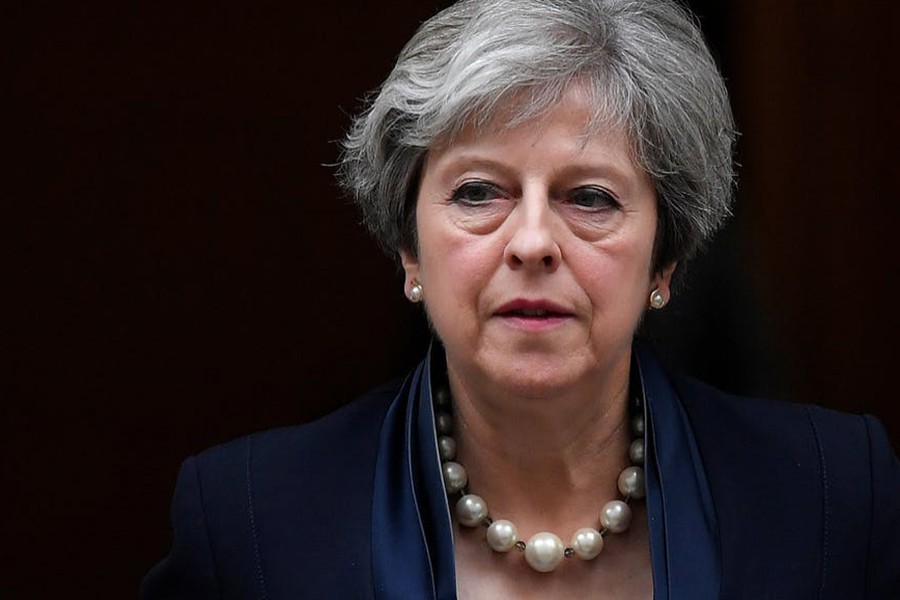Britain’s Prime Minister Theresa May will seek on Thursday to persuade EU leaders to condemn Russia over what London says was a nerve agent attack in England directed by Moscow but she must overcome resistance within the bloc from Russia’s allies.
At a summit in Brussels, May is set to push for a statement from fellow EU leaders blaming Moscow for the poisoning of a Russian double agent and his daughter on March 4, which would go further than the bloc’s initial response this week.
“Russia has shown itself as a strategic enemy, not a strategic partner,” a senior British official said, who stressed however that Britain was not seeking new economic sanctions on Russia.
May has accused Russia of the first known offensive use of a nerve toxin in Europe since World War Two and expelled 23 Russians whom she said were spies working under diplomatic cover, reports Reuters.
Russia has repeatedly denied any involvement in the attack on Sergei Skripal and his daughter and, in a reciprocal gesture, expelled 23 British diplomats as well as closing the British Council in Russia.
At the summit, May will seek to show European Union governments that all Western countries are vulnerable from such attacks, as well as what NATO says is a Russian strategy to undermine the West, officials said.
“The Russia threat does not respect borders and as such we are all at risk,” a second senior British official said.
But May will need to overcome reluctance from Russia’s closest allies in the European Union, Greece and Hungary, who on Monday held back EU foreign ministers from laying the blame fully at Russia’s door in a special joint statement.
The EU’s 28 members can only release a statement if there is unanimity.
Britain’s allies in Europe hope that Greek Prime Minister Alexis Tsipras will be more open than his foreign minister Nikos Kotzias, who diplomats said refused stronger language on Monday linking Moscow to the toxin attack.
According to a draft of the EU summit statement seen by Reuters, leaders will take “extremely seriously the United Kingdom government’s assessment that it is highly likely that the Russian Federation is responsible.”
One EU diplomat said that at the summit, there was “a general ambition to go beyond that wording,” which was very similar in tone to the EU foreign ministers’ statement.
On Wednesday, European Council President Donald Tusk, who will chair the summit, sided with Britain, saying: “It is clear we should improve our preparedness for future attacks.”
One senior EU diplomat said that for some governments, the lack of direct proof of Russian involvement was a problem.
Senior British officials have said they concluded Russia was responsible because the nerve agent was a Soviet-era toxin and because the attack follows a pattern of Russian behaviour, including so-called ‘hybrid’ attacks on the West including covert action and disinformation campaigns.


